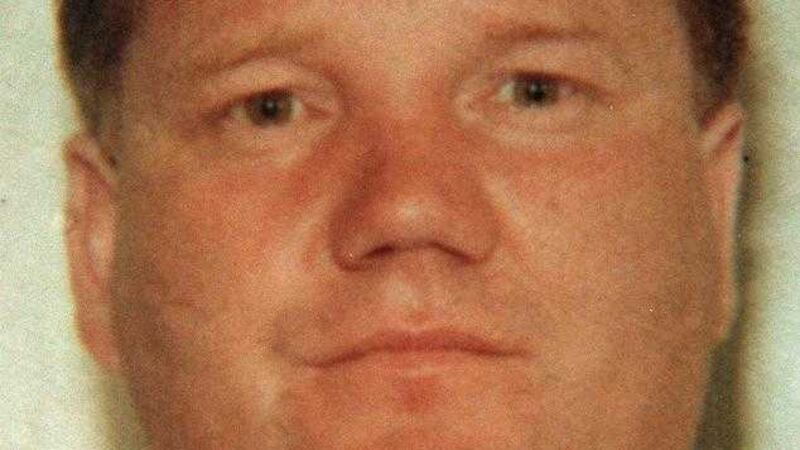A convicted republican killer is being unlawfully subjected to revised terms for monitoring his release on licence, the High Court heard has heard.
Lawyers for Thomas McWilliams claimed the new conditions represent intrusive supervision of Troubles-era "politically motivated" ex-prisoners.
The requirement to engage with Multi-Agency Review Arrangements (MARA) is contrary to the Good Friday Agreement and violates his right to privacy, it was contended.
Judgment was reserved in McWilliams’ application for judicial review against the Department for Justice.
The 57-year-old, from the Ardoyne area of north Belfast, received a life sentence for murdering a Protestant grocer in March 1993.
Norman Truesdale was gunned down at his shop on the city's Oldpark Road, with the IRA alleging at the time that he had been a loyalist paramilitary.
Initially freed in 2000 under the terms of the Good Friday peace accord, McWilliams was returned to prison for removing a gun from the scene of rioting in Belfast.
The semi-automatic weapon had been used to fire shots at officers in Ardoyne in July 2012.
McWilliams was given a 12-year sentence, but released again on life licence in 2018.
Amendments to his supervision conditions introduced in 2021 involve active monitoring by a MARA officer.
McWilliams' legal team disputed the legal right to change terms originally recommended by the Parole Commissioners, claiming a breach of the 2001 Life Sentences (NI) Order.
Past convictions for crimes such as the 1993 murder are not valid criteria for the classification of terrorist risk offenders two decades later, according to their case.
Barrister Ronan Lavery KC argued the type of supervision required by the amended licence goes against a scheme established by the Good Friday Agreement.
“The applicant objects to the insertion of a requirement for active supervision by MARA which would include questioning relating to the index offence of murder committed whilst a member of the IRA in 1993,” he submitted.
Mr Lavery added: “The active supervision and interrogation of former prisoners convicted of politically motivated offences connected with the affairs of Northern Ireland, on pain of a return to prison for the remainder of a life sentence, represents a significant deviation from the long-standing approach to such prisoners.”
Following closing arguments Mr Justice Colton confirmed he will rule on the challenge at a later date.
Outside court McWilliams’ solicitor, Michael Brentnall, claimed the new supervision conditions conflate Troubles-era activity with so-called ordinary crime.
He alleged: “As a matter of law, conflict-related offences are different, and as such this is an attempt to ‘hollow out’ the provisions of the prisoner release scheme under the Good Friday Agreement.”


